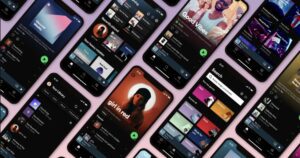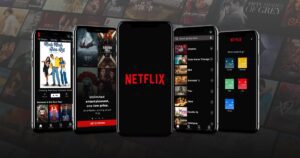Resources
An Introduction to Mobile App Personalization

Mobile app personalization is a crucial strategy for creating unique and engaging user experiences.
By tailoring content, features, and interfaces to individual preferences, app developers can significantly enhance user satisfaction and retention.
Understanding Mobile App Personalization
Mobile app personalization involves customizing the app experience based on user data. This can include demographic information, user behavior, preferences, and more. By leveraging this data, apps can offer content and features that resonate with each user, making the experience more relevant and enjoyable.
For instance, a music streaming app might analyze your listening habits to create personalized playlists, while a news app might prioritize articles based on your reading history. These tailored experiences keep users engaged and coming back for more.

The Importance of Personalization
The main goal of personalization is to create a more engaging and user-friendly app experience. When users feel that an app understands and caters to their preferences, they are more likely to remain loyal and active. This not only boosts user retention but also encourages positive word-of-mouth, driving organic growth.
Moreover, personalized apps can offer targeted recommendations and notifications, enhancing the overall user experience. For example, an e-commerce app might suggest products based on past purchases or browsing history, increasing the likelihood of conversion.
Successful personalization relies on a few key techniques:
- Data Collection and Analysis: Understanding user preferences and behavior is the foundation of personalization. This involves collecting data on how users interact with the app and analyzing this information to identify patterns and trends.
- User Segmentation: Grouping users based on shared characteristics or behaviors allows for more targeted personalization. For example, a fitness app might segment users based on their workout preferences and activity levels.
- Machine Learning and AI: Advanced algorithms can predict user preferences and behavior, enabling dynamic personalization. These technologies can continuously learn and adapt, providing increasingly accurate recommendations and content.
Real-World Examples
Consider Spotify, which uses complex algorithms to create personalized playlists and recommendations based on users’ listening habits. Similarly, Netflix’s recommendation engine suggests shows and movies based on viewing history, making it easier for users to find content they’ll love.

Personalization in mobile apps isn’t just a trend; it’s a vital strategy for keeping users engaged and satisfied. By leveraging data and advanced technologies, app developers can create meaningful and enjoyable experiences that keep users coming back for more.
You can trust your idea to us. We’ll make sure to adapt it to the new trends and technologies. Your app is waiting for you, contact us.
